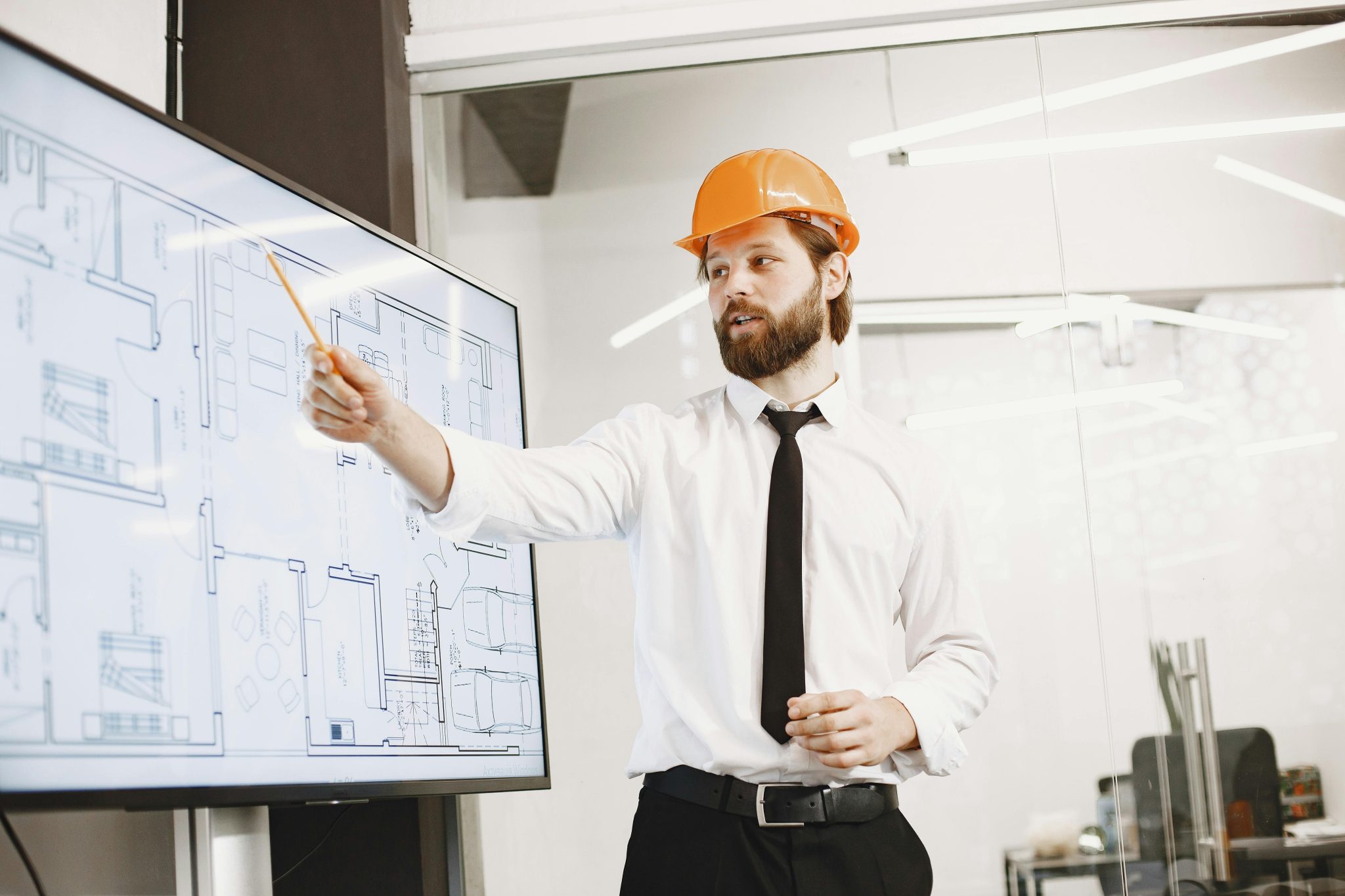The days of manually planning construction projects and managing resources are behind us as artificial intelligence (AI) transforms how the industry operates.
Nowadays, 32% of construction organizations are already using AI in projects, and 43% say they are planning to use it in the near future. In fact, 70% of project professionals in the construction industry agree that the latest AI advancements will benefit the sector.
With more and more construction companies waving goodbye to outdated practices, keeping up with the latest technology advancements is becoming essential in order to remain competitive.
5 Use Cases of AI in Construction Management
As AI continues to transform the construction industry, finding software that streamlines processes and improves decision-making can help businesses improve their everyday operations and continue to grow.
Here are five use cases of AI in construction management that are quickly gaining popularity…
1. Cost estimates
When contractors are deciding whether or not they want to bid on a project, cost estimates need to be carried out to see how much the project will cost.
When carried out manually, this process is time-consuming as it requires the estimator to search through previous project files and use spreadsheets to calculate budgets. As well as being a lengthy process, it can cause big financial losses if the estimates are incorrect.
Artificial intelligence in construction management is now commonly used to make cost estimations in a fraction of the time. Since it has the capabilities to analyze large amounts of data in almost an instant, it can create informed estimations based on past data, labor costs, and industry averages.
By switching to AI cost estimations, a construction company can make more competitive bids without risking unexpected costs that they had not considered partway through the project.
2. Track project progress

However well a project is planned, there are always going to be unexpected hurdles along the way. Whether this be due to bad weather causing delays, labor absences, or material shortages, these unseen circumstances will inevitably cause holdups that can delay the entire project.
Introducing AI-powered project management tools can take a huge amount of pressure off project managers since they will automatically update the timeline when a change occurs. If one task is delayed, it will highlight any other tasks that will be impacted and reshuffle dates to ensure that disruption is kept to a minimum.
If the whole team can visualize how the project timeline is looking in real-time, everyone will be working to the same deadlines and can see firsthand how any delays can impact the overall project.
3. Assess risks on-site
A risk assessment is required for every construction project to identify any potential hazards and put procedures in place to protect those on site. Traditionally, this would require a physical inspection of the site and a written audit – a time-consuming process that can have significant consequences if not carried out thoroughly.
AI can now be used to produce detailed risk assessments. By analyzing historical data, the nature of the site, and the weather forecast, it is able to identify any possible risks and suggest measures that can be taken to minimize them.
AI tools that visually monitor a site can be installed to identify any risks in real time. From laborers not wearing the appropriate PPE to machinery operating outside of designated areas, these issues can be quickly flagged before an incident occurs.
4. Resource allocation
To maximize profitability when agreeing to a project, a construction company needs to accurately manage their resources. By planning the best way to assign their laborers, equipment, and materials across job sites, assets can be utilized in a way that maximizes productivity.
AI is able to suggest a schedule that manages what resources are needed and when. Again, by using a combination of historical data and individual project needs, it is able to create a rota that assigns different employees to different jobs and states what materials are needed where.
Being able to make these informed decisions when ordering materials can help a construction business optimize its resources. By preventing both waste and shortages, they can minimize additional expenses and keep a project running smoothly.
5. Computerised quality control

In the later stages of a project, a thorough quality control process is needed to ensure that the work carried out meets standards and make sure no issues have been overlooked.
To minimize the amount of labor needed by quality control professionals, AI can be used to support the process. There are a range of camera and sensor-based tools that are able to compare a finished product to the digital specifications.
Using the power of AI to carry out tasks that are easy to miss with the human eye means a more thorough job can be carried out in a fraction of the time. From noticing misalignments to identifying a finish that differs from the initial plan, noticing these details early on will prevent costly reworks down the line.
The Future of AI in Construction Management
AI is becoming more and more integrated into the construction industry as businesses adopt more efficient processes. Being able to save time, reduce costs, and utilize resources means they are able to carry out their duties with more precision and less risk.
As technology advances and more solutions become available for construction businesses, failing to adopt the new tools and sticking with outdated practices can make it tricky to keep up in such a competitive market.





















